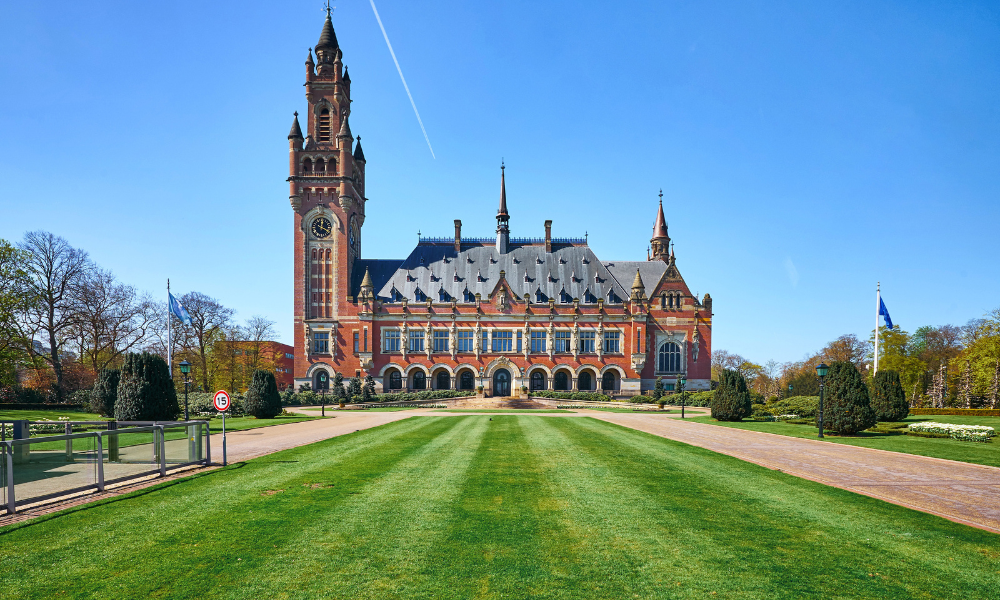
Hmoud replaces ex-ICJ president Nawaf Salam, who resigned to be Lebanon prime minister

Mahmoud Daifallah Mahmoud Hmoud of Jordan – who has been the Middle Eastern country’s ambassador to the United Nations (UN) in New York since September 2021 – was elected as a judge of the International Court of Justice (ICJ) on Tuesday.
An experienced diplomat and a legal scholar, Hmoud worked as a legal advisor and director of Jordan’s Ministry of Foreign Affairs’ legal department and as chairman and member of the International Law Commission, a UN body that seeks to promote developing and codifying international law, according to a news release from the UN.
The UN noted that Hmoud will fill the vacancy arising from the January resignation of Judge Nawaf Salam to be Lebanon’s prime minister. Hmoud will serve as ICJ judge for the rest of Salam’s term, which was scheduled to end on Feb. 5, 2027.
Egypt, Jordan, Romania, Slovakia, and Sweden nominated Hmoud, the only candidate for the position. Members of the UN’s Security Council and General Assembly cast secret ballots in a parallel and independent voting process.
Candidates for the role of ICJ judge should obtain an absolute majority in both the Security Council and the General Assembly, composed of all 193 UN member states. Put differently, they should receive eight and 97 votes, respectively.
The UN shared that Hmoud secured the support of all 15 council members and 178 of the 181 countries in the assembly that participated in the voting process, with three member states abstaining.
The ICJ – created in June 1945 and based at the Peace Palace in the Hague, Netherlands – is one of the UN’s six principal organs: the General Assembly, the Security Council, the Economic and Social Council, the Trusteeship Council, and the Secretariat. The ICJ, also known as the “world court,” serves as the UN’s primary judicial body and comprises 15 judges with nine-year terms.
The ICJ’s responsibilities include settling legal disputes among UN member states and providing advisory opinions addressing legal questions that the UN’s organs and agencies have referred to it, according to the UN’s news release.
The news release noted that an advisory opinion, given by the ICJ last July, called Israel’s occupation of the Gaza Strip and the West Bank (including East Jerusalem) unlawful. In April, the ICJ commenced conducting hearings regarding Israel’s current restrictions on the efforts of the UN and other international agencies in Gaza and the occupied Palestinian territories.